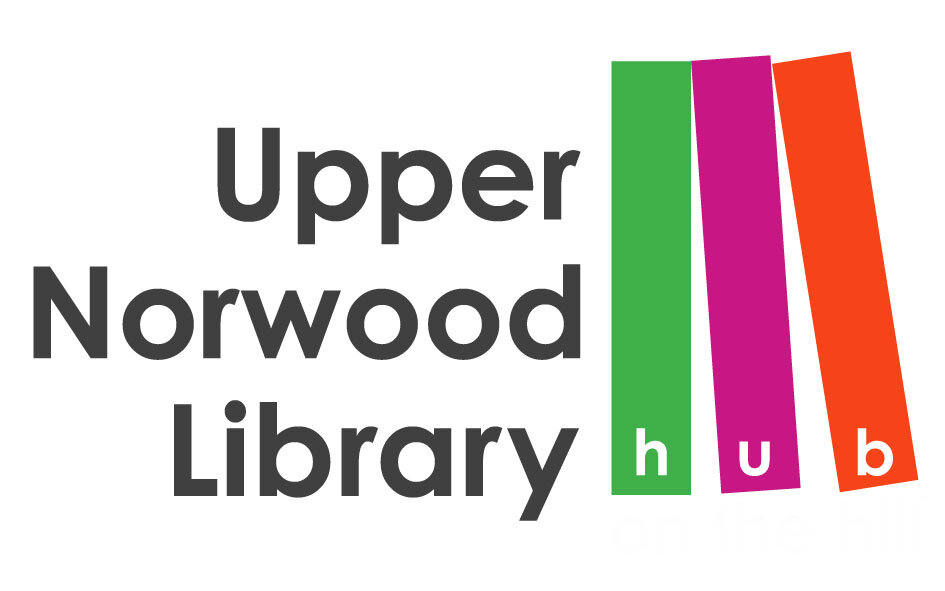Join the Merry Band of Trustees and Help Us Make a Difference
Being a trustee is an altruistic act that can be both rewarding and challenging. Trustees provide a vital volunteering role helping to provide strategic leadership to charities and in doing so makes the UK the sixth most giving country in the world. There are just under 200,000 charities in the UK and all of them need a Board of Trustees.
Trustees operate within the Charity Act 2006 overseen by the Charity Commission. These set out the rules of engagement as well as providing a raft of useful support material and research to challenge and improve practice. Trustees are advised to operate within the Nolan Principles of Public Service.
What trustees do will look different according to the size of the charity. For example, in a big charity trustees will need to balance governance and management more carefully because there will be a management team with delegated responsibilities to run the charity. However, most charities are small and according to a report commissioned by the Charity Commission 80% of trustees are involved in charities with an income of less than £100k a year. In practice, this means that these trustees must address both managerial and governance demands if the charities that they represent are to sustain themselves effectively. Most importantly is the requirement to act in the charity’s best interest by complying with the law and ensure the charity is carrying out its purposes for the public benefit.
Trustees generally enjoy their role if you are to believe the recent review of 19,064 trustees. This is good news and there is enthusiasm to encourage more people from all backgrounds and experience to consider becoming a trustee. I am a trustee for several organisations. They are very different in size and purpose which determines the level and type of engagement, but they all deliver a very important service and provide a great learning opportunity no matter what your experience.
One of the organisations for which I volunteer as a Board member is our local library Upper Norwood Library Hub (UNLH). I was recruited by a persuasive local neighbour after she and a number of local residents successfully campaigned to save it. She wanted more people with relevant skills to help build a long-term sustainability model. My day job is the CEO of a large social enterprise and she figured that would be useful!
The Upper Norwood Library Hub operates as a social enterprise and encompassed the statutory library service led by Lambeth librarians and supported by Croydon. Before the pandemic the Hub provided all sorts of groups and activities to fund the running costs of the building. Everything from Comedy Nights to Yoga, ESOL classes to Art Exhibitions. We also have a Library of Things and a group of willing local volunteers’ keen to support what we do.
Sparked by the first lockdown restrictions in in March 2020, the Hub pivoted services using the new online streaming channel to continue engaging with the community, delivering a range of wellbeing, educational and artistic content. This included the creation of ‘The Library Lunch’ giving a platform for community voices and sharing updates and information on local businesses and opportunities.
Libraries are some of the last municipal buildings left where anyone can come into free of charge. So important in a world which is speedily limiting access by monetising everything. Over the past few years more than 400 libraries were closing annually. That’s a shocking situation and this is unlikely to reduce. Look at Croydon, where five local libraries are under threat. Once a library is gone, it’s gone forever. Do you want this to happen?
We need more trustees for UNLH. We want people who can help our mission to ensure UNLH is successful and help other libraries also. Read our trustee application and think about how you might support our cherished team to secure the future of UNLH and also bang the drum loudly for libraries so they remain libraries for future generations.



